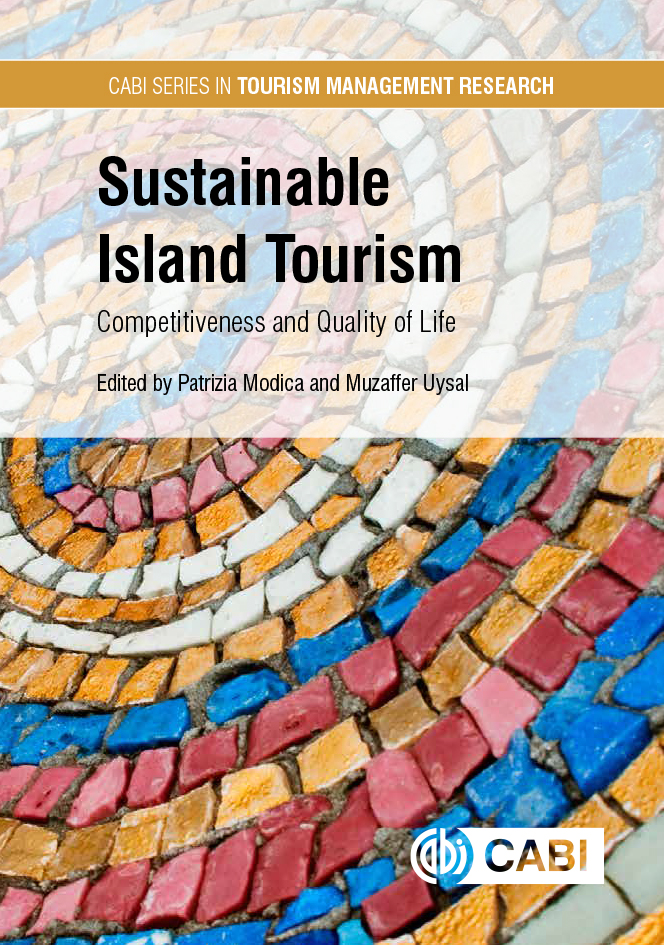Islands are popular destinations for millions of travellers. However, the levels of development, tourism infrastructure and accessibility, resource base and governance may differ a great deal from island to island. Each island destination is unique and has its own challenges and developmental opportunities.
This book does not offer a definition for islands; rather, it presents the contributor’s contextualization of their choice of islands from the perspective of their research approaches. The main goal was to create an edited volume that could bring together the interplays of sustainability, competitiveness and the quality of life of stakeholders in the context of islands as destinations.
Hence, it is important to fully understand and further examine the breadth and depth of the salient aspects of sustainable island tourism issues, such as; policy matters, public and private interface, competiveness and quality of life of those engaged in production of tourism goods and services, planning and development decisions.
Although a sustained level of research attention has been devoted to island and micro-state destinations, the uniqueness of these destinations pose new challenges and opportunities for both tourism academics and professionals in today’s highly competitive and globalized tourism market. Over the past three decades or so a higher level of interest in managing and dealing with crises and risk management issues, associated with both natural disasters and socio-political instability, has been witnessed.
The main area of research mostly centres on policy orientations, guidelines, public/private sector planning partnerships; product development and diversification; marketing; human resource management; well-being of stakeholders and sustainability. Islands, as locations for tourism research, make conducting performance measures/indicators and monitoring activity use-level and change over time a unique research experience.
Eighteen outstanding scholars representing several countries contributed their work to this book.
The book is organized in three parts: Sustainable Island Tourism; Competitiveness and Quality of Life and Sustainability and Alternative Resource Use.
Each chapter offers an insight linked to the central thread of the main parts with a concrete case study to illustrate the methodology and theories underlying the area considered. A sustainable approach implicitly requires the involvement and active participation of stakeholders, hence, sustainable tourism appears to be one of the fields researchers in all countries around the world are paying more attention to because of its strong potential.
Finally, the importance of sustainability, with particular attention to tourism and connected issues, is in the limelight featuring in the UN Agenda for the 2030, where it is also mentioned among one of its Sustainable Development Goals towards which all countries are striving.
Sustainable Island Tourism:Competitiveness and Quality of Life is available to buy on the CABI Bookshop

